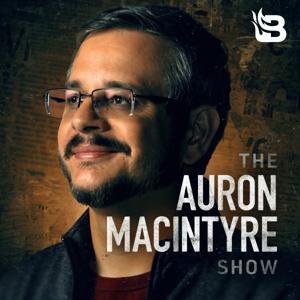In this second of three episodes, we’ll review the rest of Dr. White’s opening statement and the two rebuttals. In several cases I push the discussion past what we were able to do in the confines of the debate.
Here’s the argument which I gave against White’s interpretation of John 1 which I give in my rebuttal. The point is that White is committed to 1-3 and that 4 is true by the definition of “divine essence.” The rest follows. My response is to deny premise 2. What is White’s response?
(Note: on my debate slide there was a typo at the end of the last line – it cited 7 not line 6.)
Brent Nongbri’s blog Variant Readings (articles)
God’s Library: The Archaeology of the Earliest Christian Manuscripts
“Reconsidering the Place of Papyrus Bodmer XIV-XV (P75) in the Textual Criticism of the New Testament,” Journal of Biblical Literature 135 (2016), 405-437.
[on P66:] “The Limits of Palaeographic Dating of Literary Papyri: Some Observations on the Date and Provenance of P.Bodmer II,” Museum Helveticum 71 (2014), 1-35.
podcast 62 – Dr. Dustin Smith on the preexistence of Jesus in the gospel of John
podcast 61 – Dr. Dustin Smith on preexistence in ancient Jewish thought
This week’s thinking music is “Gemini Instrumental” by Pipe Choir.
https://youtu.be/h4pBIb9cjVg?si=Tssf6mS-4rHkjQss



























